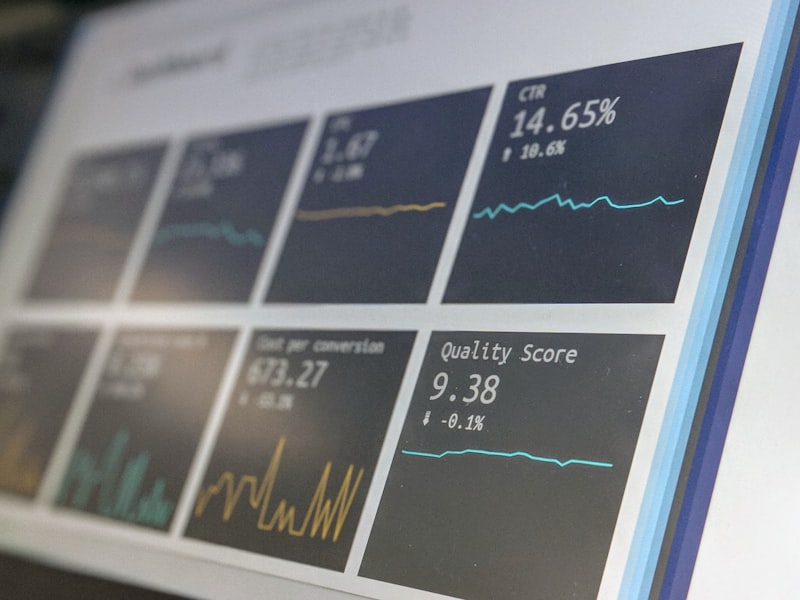Data-Driven Risk Management: The Future is Here
The era of reactive risk management waiting for a crisis to occur before formulating a response is officially over.
Read MoreDecember 18, 2023
Implementing electronic security measures in remote areas in the North West and North East of Nigeria presents several technical challenges due to the unique infrastructure and environmental conditions of these regions. These challenges include:
Remote areas often lack access to a stable and reliable power grid, making it difficult to operate electronic security systems that require continuous power. This can be particularly challenging for systems that rely on surveillance cameras, sensors, and data transmission equipment.
The North West and North East regions of Nigeria experience extreme weather conditions, including high temperatures, dust storms, and heavy rainfall. These conditions can damage electronic equipment and disrupt communication networks, making it difficult to maintain and operate security systems effectively.
Remote areas often have limited or no access to reliable telecommunications infrastructure, such as cellular networks or fiber optic cables. This makes it challenging to transmit data from security systems to central monitoring centers, hindering real-time monitoring and response capabilities.
Implementing and maintaining electronic security systems requires specialized technical expertise, which may be scarce in remote areas. This can lead to delays in repairs and maintenance, compromising the effectiveness of security systems.
The cost of installing and maintaining electronic security systems can be high, especially in remote areas where transportation and logistics are more expensive. This can limit the government's ability to implement security measures in these regions.
To overcome these challenges, the Nigerian government can consider the following strategies:
· Utilize alternative power sources: Employ renewable energy sources such as solar panels or wind turbines to provide power for electronic security systems. This can reduce reliance on unreliable grid power and ensure continuous operation.
· Design robust and durable systems: Choose electronic security equipment that is specifically designed to withstand harsh environmental conditions, such as dustproof, waterproof, and temperature-resistant enclosures.
· Leverage satellite communication: Utilize satellite communication technologies to transmit data from remote areas to central monitoring centers, bypassing the limitations of terrestrial infrastructure.
· Invest in training and capacity building: Provide training programs to local technicians in remote areas to enhance their skills in installing, maintaining, and troubleshooting electronic security systems.
· Explore cost-effective solutions: Consider using open-source software and locally manufactured components to reduce the cost of implementing and maintaining electronic security systems.
By adopting these strategies, the Nigerian government can effectively implement electronic security measures in remote areas of the North West and North East, enhancing border control and protecting the security of these regions.

Security Consulting
The era of reactive risk management waiting for a crisis to occur before formulating a response is officially over.
Read More
Security Consulting
For businesses in Nigeria and across the globe, understanding and mitigating physical risks has never been more critical.
Read More
Protective Intelligence
Should ordinary citizens take up arms to defend themselves? On the surface, it seems a simple, visceral answer to a complex problem.
Read More